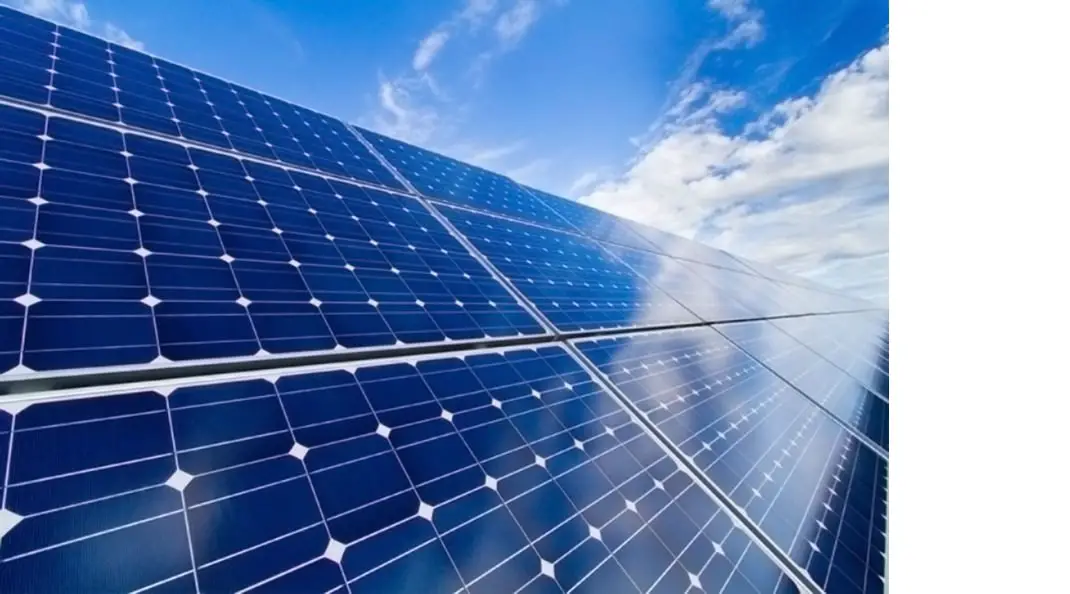Uganda has commissioned a turnkey 10 MW photovoltaic solar power plant in Bufulbi, southeast Uganda. It is the first solar power plant in the country equipped with a system that allows photovoltaic panels to move according to the sun’s path.
The power plant was built by the Greek company which specializes in solar energy applications, Metka EGN. According to the company the plant will now reinforce the local electricity grid and ensure that locals enjoy a better energy supply that is natural and inexhaustible renewable.
A French operator, Tryba Energy provided funds for the project development. The national electricity company, Uganda Electricity Transmission Company Limited (UETCL) signed a power purchase agreement (PPA), with the contractor, setting the rate at US $11 per kWh.
Rural electrification programme
With this new energy supply, the Ugandan government is strengthened in its commitment to ensure access to electricity for its entire population, an ideal supported by France. The country has a target to increase access to electric power from just a quarter of households now to 60% by 2027.
The French Development Agency (AFD) had earlier financed a major rural electrification programme in western and southern Uganda, covering 24 districts, including Kasese. The Agency granted a concessional loan of US $54.5m for the construction of about 3,000 kilometres of new low and medium voltage lines.
The agency also participated in the discussions that led to the formulation of the connection policy launched by the Rural Electrification Agency with the objective being to support connection costs on condition that households support their own cabling.
The improvement of the electricity grid in rural areas is very fundamental for the country, as it allows for better economic development and a reduction in inequalities between rural and urban areas. Households, schools, health centres, markets and small businesses benefit from a subsidized electricity connection, which improves their livelihoods and socio-economic situation.
